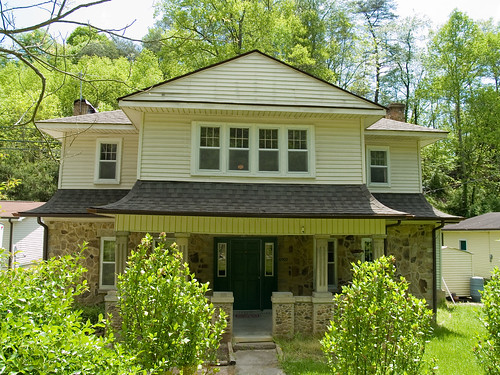You’ve heard it before, but it bears repeating: your home is likely to be the single most important purchase that you will make during your lifetime. It’s also likely to be the most expensive. Though a standard 30-year mortgage helps to spread the cost of home ownership down through the years, it’s still a hefty responsibility that your family might have trouble fulfilling if you lose your job, fall ill, or die unexpectedly. Read on to learn when and if it makes sense to obtain mortgage protection insurance, a form of payment protection insurance that may help defray the cost of an unforeseen catastrophe.
How Does Mortgage Protection Insurance Work?
As its name implies, mortgage protection insurance exists to cover the balance of your mortgage payments in the event of an unexpected life event. Some policies pay out only in the event of the policyholder’s death, while others cover principal and interest payments on a mortgage for a fixed length during an extended period of unemployment or illness. Although mortgage payment insurance is considered to be a type of payment protection insurance, there are several key factors that differentiate it from other forms of PPI.
Restrictions and Limitations
Mortgage protection insurance policies that pay out in the event of your death tend to be less restrictive, delivering your loan’s remaining balance directly to its issuer and calling it done. Policies that kick in when you lose your job, on the other hand, tend to come with some caveats. These include:
- A restrictive period of one to two months immediately following your termination, during which time you won’t receive any payouts.
- Nullification in the event of a voluntary “quit” or termination for gross misconduct or negligence. In other words, you must be laid off involuntarily to collect MPI benefits.
- A probationary period, typically lasting one to three months from the policy’s date of origination, during which you won’t receive benefits if you are laid off.
Benefits and Perks
In contrast to other forms of life insurance, getting approved for a mortgage protection policy is relatively easy. Even if you work in a high-risk occupation and pay through the nose for health and disability insurance, you will probably be able to find an affordable, comprehensive MPI policy. What’s more, MPI payouts tend to be generous. Many insurers now offer job-loss and illness policies that cover your homeowners’ association fees and other extras in addition to principal and interest payments on your actual mortgage.
When Does MPI Make Sense?
Your MPI policy will be of tremendous benefit in any of these common situations:
- Business is down at your employer and you suspect mass layoffs are coming. In this case, you’ll want to take out your policy early enough to avoid the aforementioned probationary period.
- You suffer from a chronic health issue that may temporarily render you unfit for work in the future.
- You are your household’s sole breadwinner and worry about your family’s ability to cover the debts that you will leave behind if you die.
Whether you worry about your job security or simply want to prepare for an unforeseen catastrophe, mortgage protection insurance can prevent your most expensive obligation from ruining your family’s finances. It isn’t free, but it’s a small price to pay for peace of mind.
Judith Tran is a freelance blogger who writes about mortgage protection insurance and other forms of PPI. You can find out more and compare services at www.ppiclaims.uk.com.



